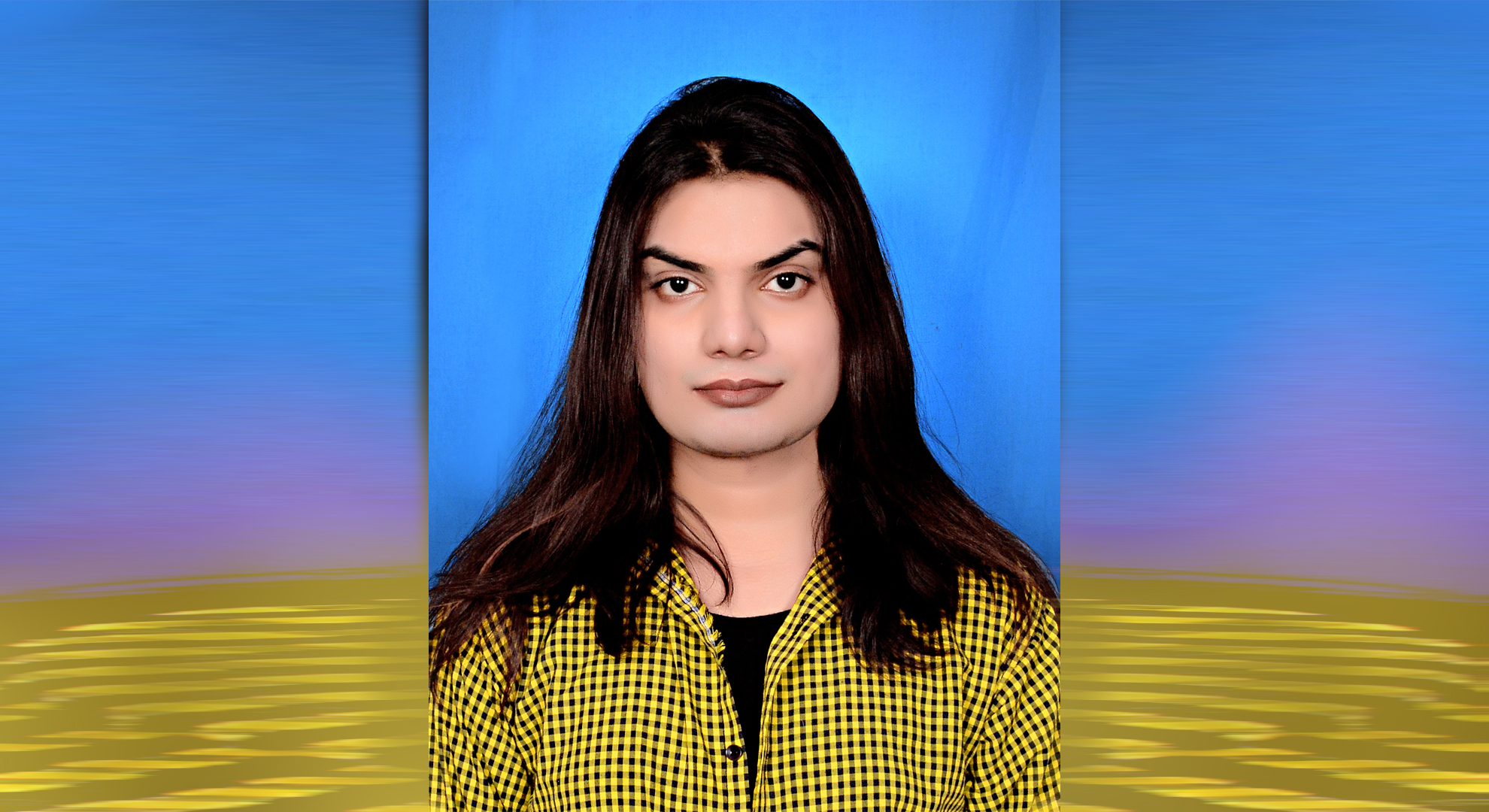Ensuring Gender Justice for Trangender community
December 6, 2022

The national poet Muhammad Iqbal insisted that path to the divine was through a realization and strengthening of Khudi - the self.
Ms. Abishey Basharat’s profound belief in the concept of khudi – the self, was both poetic and enchanting when she first relayed it to me but as she began unravelling the story of her incredible journey, one begins to see the complexity, depth, and nuances of her foundational belief in the power of khudi.
Abishey Bashir, belongs to the Christian community of Quetta and is the first transgender woman to enrol in the Fine Arts department at the reputed Balochistan University of Information Technology and Management Sciences. With the soul of an artist and the courage of a warrior, Abishey stands committed to the protection and promotion of gender equality, gender justice and transgender rights.
As an active member of the civil society, she holds several key positions in various rights-based initiatives including, board member of the Forum for Dignity Initiative, Assistant Coordinator at Crime Victim Services Pakistan, and Central Information Secretary at Pakistan Federation of Media Council. Her volunteerism specifically focuses on health rights for transgender persons, and especially on addressing health issues of transgender persons from the Christian community.
‘I experienced dejection and ridicule from a very young age. Peers at school and extended family member would call me by unkind names. Growing up in such an environment, one has to learn to be a saviour. Very early on I discovered my love for the arts, and I channelled my sorrow and solitude to enhance my artistic expression. This experience of using colours to express myself became a fundamental part of my journey of self-discovery. I also knew the benefits of attaining education and therefore I worked hard to achieve my goals.’
Abishey’s commitment to living life on her own terms, however, brought her in conflict with some of her family members. ‘Coming to terms with my gender identity did not come naturally to my family, it was a challenge I faced each day. Naturally, I experienced a lot of mental stress, and I wasn’t aware of any service that could support me at the time. I had to be strong and bit by bit I carved out a space for myself. There was a lot of active communication, dialogue and emotions ran high but at the end they conceded. I must thank my mother, for it was her love and encouragement that gave me the courage to fight my battles, those that were confided to my home and those that awaited me in the outside world.’ Today, Abishey is an artist, a student, an activist and a decision maker.
Her art celebrates life and is both provocative and courageous. ‘My art focuses on the problems that women face but these issues are espoused in narratives of courage and resilience. I want the world to see women not as weak but as empowered and spirited individuals. A lot of my inspiration comes from my own struggle.’
Abishey highlights the need for institutional support for vulnerable and marginalized communities, especially transgender persons and other minority gender groups. ‘I am glad that there is more and more focus on mental health awareness and psychosocial support. As someone who has experienced mental health issues, I know that lack of awareness and empathy that is rampant in our society. Services like the Gender Desk with psychosocial support and legal support are crucial so that we build a more inclusive and empowered society.
* * *
Story by: Amna Syed, Human Rights Reporting Expert, Decentralization, Human Rights, & Local Governance Project, UNDP Pakistan

 Locations
Locations



